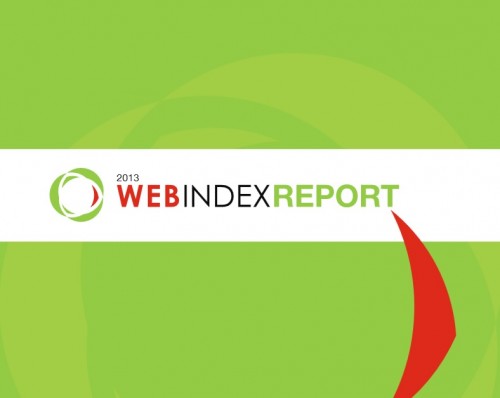Web Index Report ranks 22 African nations on access, openness, content, and empowerment
The Web Index is a measure of the World Wide Web’s contribution to development and the fulfillment of basic human rights in 81 countries. It provides an objective and robust evidence base to inform public dialogue on the steps needed for societies to leverage greater value from the Web. Key pillars forming the overall Web Index composite score are Universal Access, Freedom and Openness, Relevant Content, and Empowerment.
Only 2 of 22 African nations included in the Web Index 2013 Annual Report (of 81 countries in all) are in the upper half of the rankings. What’s more, seven are in the bottom ten. South Africa, ranked 35th overall, is one of the top five Emerging Market Countries. Kenya, Morocco, and Ghana, ranked 53-55, respectively, are among the top five Developing Countries. Surprising is Rwanda’s low position (75th). In general, the African nations in the report simply lag in online access, empowerment, and local content. Often, a lack of clear online freedom hurts a ranking as well.
A detailed breakdown of notable findings by nation:
- South Africa (35): a fair level of online freedom but relevant content is lacking
- Mauritius (40), Tunisia (44), Egypt (63), Zambia (66), Nigeria (67): generally consistent across sub-indices
- Kenya (53): poor universal access but higher empowerment
- Morocco (54): moderate levels of empowerment
- Ghana (55), Tanzania (59): fair online freedom
- Namibia (60): low empowerment despite relatively stronger universal access
- Senegal (61): relatively better empowerment when compared with access
- Uganda (65): especially poor relevant content
- Botswana (68): online freedom is middle of the pack yet empowerment is nearly the worst
- Benin (70): fair online freedom
- Burkina Faso (73), Malawi (74), Rwanda (75), Cameroon (76), Zimbabwe (78), Mali (79), Ethiopia (80): generally poor in every category
With the following exceptions, the 22 African nations surveyed have inadequate levels of information online on knowledge in areas key to improving livelihoods.
- Kenya: climate change early warning and budget transparency
- Mauritius: school accountability
- Morocco: budget transparency
- Senegal: innovation in agriculture
- Uganda: school accountability, innovation by agriculture
- Benin, Tanzania, and Uganda are three of only five developing nations that provide “good Web-based information on schools”
The report also looks at how various initiatives are improving governance and online participation:
- Looking at Web Index rank versus GDP per capita, PPP in 2012, Botswana can be considered an “underperformer” and Kenya an “overachiever.” Botswana has an income rank of 39 but a Web Index rank of 68. Kenya, on the other hand, has an income rank of 68 but a Web Index rank of 53.
- Between 50 and 70 percent of Africans cite high costs as the main reason they are not online.
- Government use of mobile channels is lowest in Africa – seven percent of African governments use mobile channels as part of their e-government strategy.
- Searchable constitution apps have been downloaded by millions in Nigeria, Ghana, and Zimbabwe.
- Users of apps that show agriculture market prices in Senegal are earning 15% more on the sale of their products.
- South Africa has the highest level of online freedom and openness of any emerging market in the study. Ghana holds the top spot of developing countries in the report.
As the report notes, “the Web’s potential as a tool to reduce knowledge divides, broaden civic participation, and invigorate democracy has never been more important.” An expanded public sphere, partially created by social media, is giving a voice to previously unheard of groups. Still, government action to increase affordable internet access to the entire population is lacking. Without steps to bring under-represented groups online and to safeguard online privacy, the voices of the influential may continue to dominate.
Note: The Index combines existing secondary data with new primary data derived from an evidence-based expert assessment survey. The Web Index 2013, which advances, expands and updates the main dimensions of human rights through and on the Web, as The World Wide Web Foundation understands them.
Source: “Web Index Annual Report 2013,” World Wide Web Foundation, November 2013.













 Twitter
Twitter Facebook
Facebook Pinterest
Pinterest